The Current aims to promote ethical journalism
We live in a world where it seems like everyone is afraid of fake news, bad publicity or “gotcha” journalism. This epidemic has been drastically aggravated in part by the 45th president of the United States, Donald Trump. On a daily basis, Trump blasts out rapid-fire tweets making claims, among other accusations, that all journalists have lost their integrity and the fake news media is corrupt.
Love him or hate him, he has infiltrated society’s thoughts on journalism in an incredibly harmful way. Even if you don’t pay attention to him directly, broadcast news still gives him air time daily, which has led to writers of all kinds, such as entertainment writers, novelists and even bloggers to write about their own opinions on Trump’s allegations against the media as a whole.
This has made it increasingly difficult for real journalists to do their jobs, in the world and even here on campus. The Current’s writing staff has faced challenges of various levels throughout the time the paper has existed, many of them with members of the American River College faculty.
These challenges with some ARC staff members have led us to believe that there may be a lack of understanding about what a journalist does and how the news works.
To define the purpose of journalism we must first define what journalism is and explain that it is only one part of the media. True journalism should be seen as a system of checks and balances for society and especially authority figures of all kinds while maintaining an unbiased and objective perspective.
This means that there will be stories that people find upsetting and stories that make someone look bad.
The media encompasses all forms of news and opinions, to things that are created purely for entertainment. This includes cable news, gossip magazines, TMZ, The New York Times and all other information based platforms.
Many people do not understand the difference between what is an opinion, what is a fact, what is entertainment and what is news.
This misunderstanding of media literacy has been seen by some of the Current staff members and it has negatively impacted the learning experiences of the journalism students.
When a faculty member at ARC refuses to answer our questions, doesn’t want to work with us because they have participated in a story before, speaks to us rudely or goes so as far as one ARC staff member did, who screamed and cussed at two of our reporters, they deny us the opportunity to learn and become better journalists.
Imagine the culinary students at ARC trying to cook with no ingredients or art students finding themselves denied paint. These students would have all the tools, skills and knowledge the college has provided them to create something beautiful and none of the resources to finish it.
Journalism students don’t need ingredients or art supplies to do our work, instead, we need words. We need the faculty of all departments to look at us and see us for who we are—students, learning and trying our best to get better so that one day we can become professional journalists.
It is important to note that the students who write for the Current, cycle and change every semester, with only a few students staying on and becoming editors.
In addition, when a member of the Current staff writes an opinion piece, it is the opinion of that writer alone and does not reflect the views of the entire staff or the Current as an establishment. Editorials, such as this one, however, do reflect the decided collective opinion of the Current.
To ensure no one makes this mistake the paper is divided into sections and clearly labeled with news, opinion and editorial.
The Current, like any other newspaper, is protected by the First Amendment. It also exists and operates independently from ARC and while we focus our time on covering stories that directly relate to the ARC community, in no way are we here to advertise or tear down anything or anyone at ARC.
Instead, we are here to document the myriad of wonderful things that happen here on campus as well as the facts and history of our school as it happens, even if some find those facts controversial.




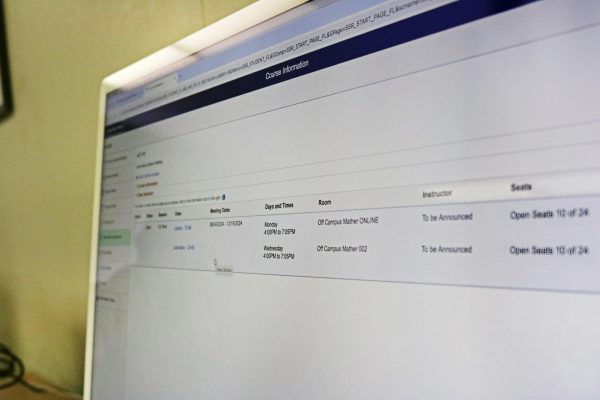
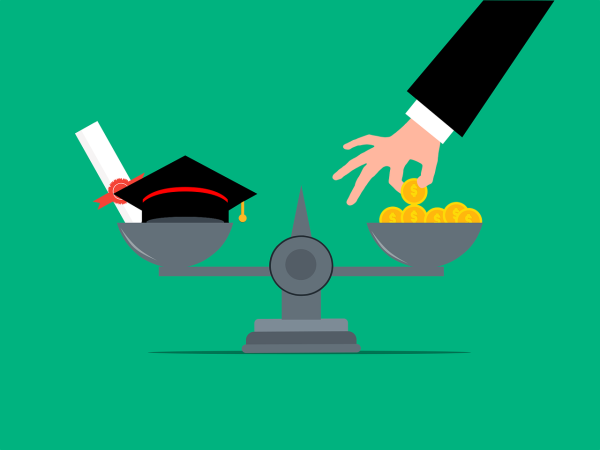
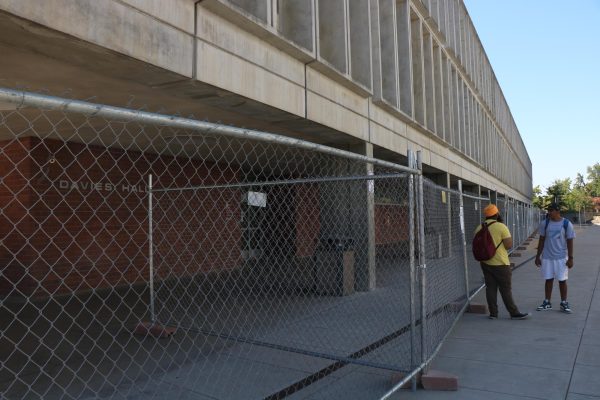
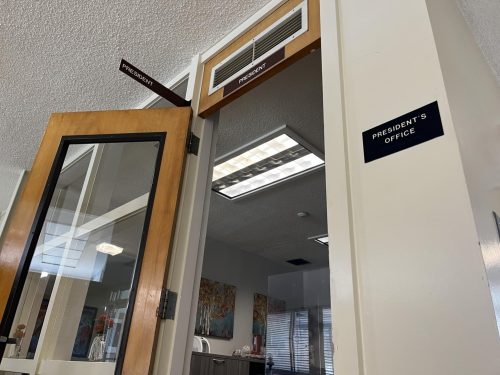




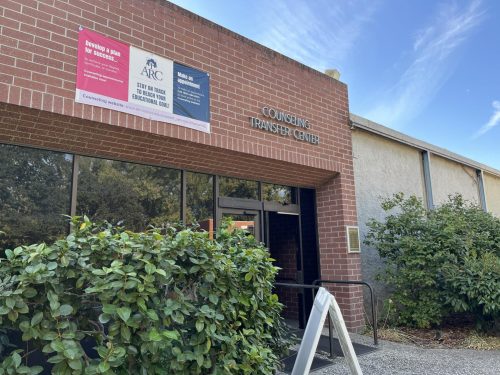
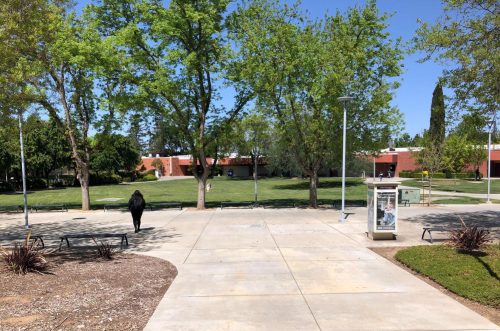

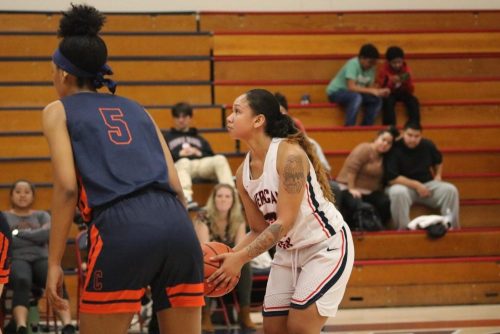
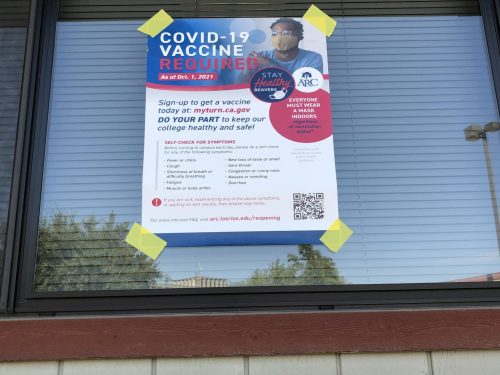
Brad Carps • Apr 25, 2020 at 5:03 pm
People have lost respect for the news because of the stark contrast between the lofty, stated goals of the enterprise and the demonstrated obsequity to capital and existing power structures. As this article says, broadcast news gives Trump all the airtime he wants, and spectacle pays the bills more than unity ever will. Journalism needs Trump the same way the Republican party needs him. Michelle Wolf joked as much during the 2018 White House Correspondent’s Dinner roast, and it’s as timely as ever: https://www.youtube.com/watch?v=DDbx1uArVOM&t=1055